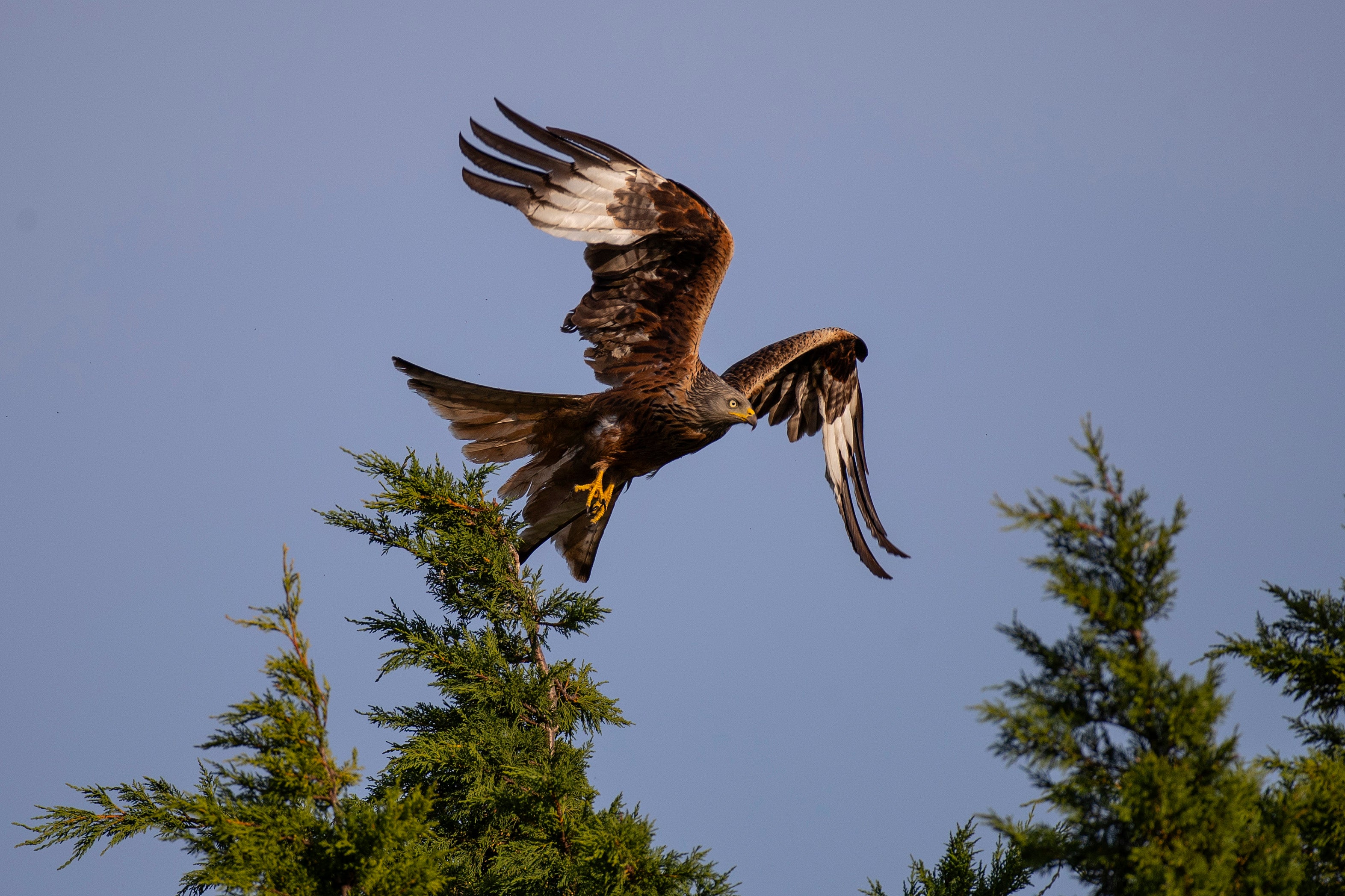Dozens of birds of prey illegally shot, trapped and poisoned in 2019, RSPB report finds
The conservation charity is calling for urgent action to end this ‘relentless persecution’, as Conrad Duncan reports

Dozens of birds of prey were illegally shot, trapped and poisoned in 2019, according to the RSPB’s latest bird crime report, prompting calls for tougher legislation from the UK government.
The RSPB found there were 85 confirmed incidents of bird of prey persecution in the UK last year, involving birds such as buzzards, red kites, golden eagles, peregrine falcons and hen harriers.
The organisation said its data, peer-reviewed science and population surveys had shown persecution was concentrated on and near driven grouse moors.
In light of the report’s findings, the RSPB has called for urgent action from the government to end the killing of birds of prey and ensure grouse shooting operates in a legal and sustainable way.
Mark Thomas, RSPB’s head of investigations UK, said the report showed birds of prey protected by the Wildlife and Countryside Act 1981 were being “relentlessly persecuted”.
“At a time when the world – and the UK in particular – is seeing catastrophic declines in wildlife populations, the destruction of rare wildlife looks like the opposite of progress,” Mr Thomas said.
“Healthy bird of prey populations are key indicators of the health of our environment.”
He added: “Current legislation has failed to protect our birds of prey, and the time has come for urgent, meaningful change.”
The conservation charity found the highest concentrations of crimes were in the north of England and Scotland, with half of the confirmed incidents occurring within protected landscapes.
It is now urging the government to act to address “environmentally damaging practices” by grouse moors, such as the persecution of birds of prey and burning of moorland vegetation on peat soils.
Mr Thomas said there could be more than 12 times as many hen harriers breeding in England as current levels if illegal killings were stopped, as he warned the shooting community had not managed to “control the criminals within their ranks”.
“UK governments must implement tougher legislation to bring the driven grouse shooting industry in line with the law, stamp out environmentally damaging practices and deliver on the UK’s nature recovery targets,” he added.
The RSPB’s call for action has received support from a number of city mayors, councils and local communities, including Greater Manchester mayor Andy Burnham.
Jamie Driscoll, mayor of the North of Tyne Combined Authority, said he fully supported the charity’s campaign to end the burning of peatlands on moors managed for grouse shooting.
“Burning upland peat habitats is a destructive process,” Mr Driscoll said.
“It results in greenhouse gas emissions, brings flood risks, and is damaging to wildlife.”
In response to the report, a spokesperson for the Department for Environment, Food and Rural Affairs said: "We recognise the importance of tackling wildlife crime, which is why we directly fund the National Wildlife Crime Unit who provide intelligence and support to police forces protecting our precious wildlife – including birds of prey."
“We are clear those found guilty of killing these majestic animals should be subject to the full force of the law.”

Join our commenting forum
Join thought-provoking conversations, follow other Independent readers and see their replies
Comments